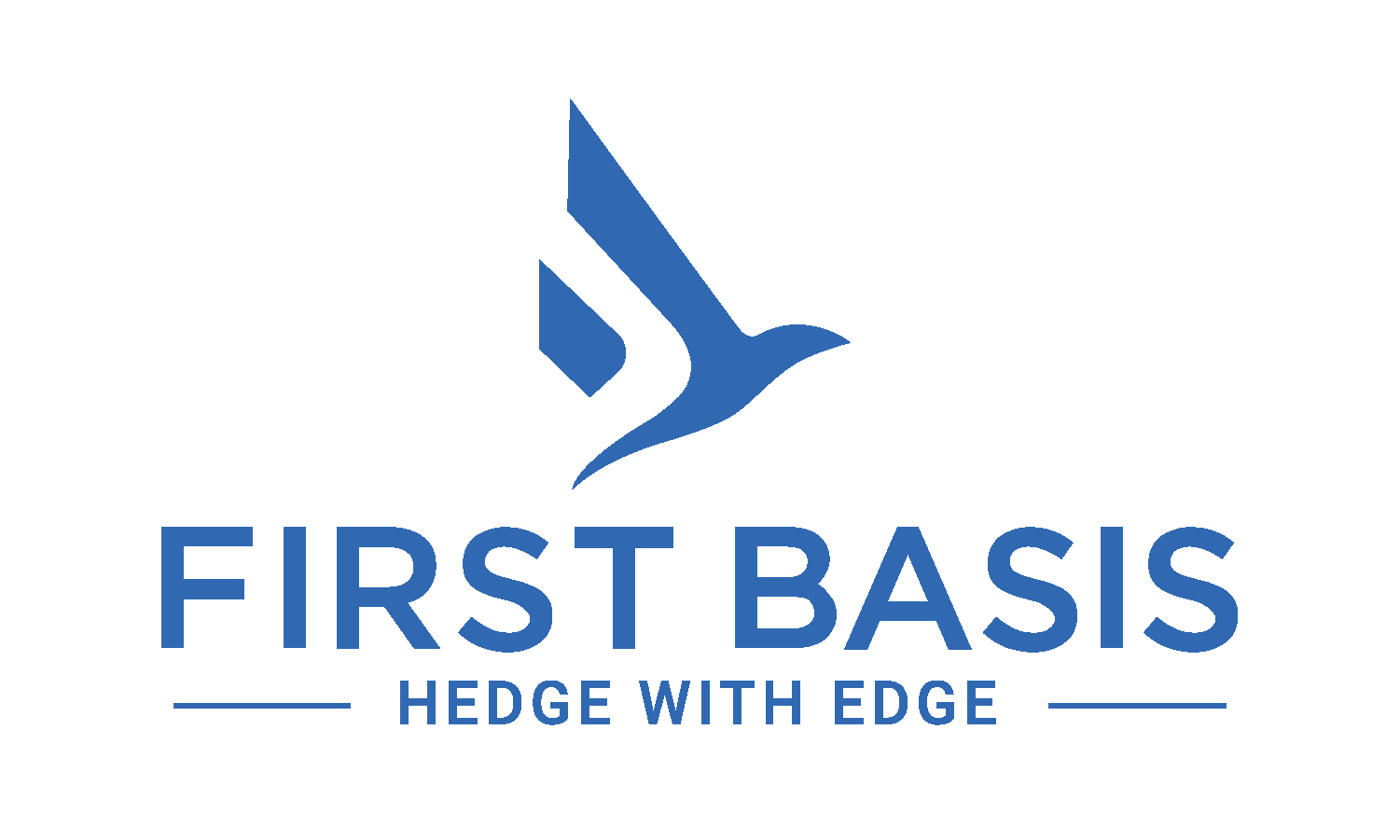
Evaluating Treasury Management Systems: Factors to Consider for Optimal Forex Operations
Jun 22, 2024
2 min read
2
14
0
Effective treasury management is the backbone of organizational success, particularly when it comes to navigating the complexities of the foreign exchange (Forex) market. The adoption of robust treasury management systems (TMS) can significantly enhance efficiency, streamline operations, and mitigate risks associated with Forex transactions. However, selecting the right TMS requires careful evaluation and consideration of various factors. In this blog post, we delve into the key considerations when evaluating treasury management systems, focusing on planning and implementing financial software to Forex operations.
Planning and Implementation of Financial Software with Respect to Forex
Implementing financial software tailored to Forex operations is a strategic imperative for organizations aiming to optimize their treasury management processes. Here's how to ensure a successful planning and implementation process:

1. Scalability and Customization: Evaluate TMS solutions that offer scalability and customization to accommodate your organization's unique Forex requirements. The software should be flexible enough to adapt to changing market conditions, currency needs, and regulatory compliance standards.
2. Integration Capabilities: integration with existing systems and platforms is crucial for maximizing operational efficiency. Choose a TMS that offers robust integration capabilities, enabling smooth data exchange between different financial applications and platforms.
3. Advanced Analytics and Reporting: Look for TMS solutions that provide advanced analytics and reporting functionalities to Forex operations. Access to real-time data, customizable dashboards, and comprehensive reporting tools empowers treasury teams to make informed decisions and optimize Forex transactions.
4.Automation and Workflow Management: Automation of routine tasks and workflow management is essential for streamlining Forex operations and reducing manual errors. Seek TMS solutions that offer automated processes for trade execution, reconciliation, and settlement, enhancing operational efficiency and accuracy.
5. Security and Compliance: Ensure that the chosen TMS complies with industry regulations and standards, particularly regarding data security and regulatory compliance in Forex transactions. Robust security features, encryption protocols, and compliance tools are critical for safeguarding sensitive financial information and ensuring adherence to regulatory guidelines.
Frequently Asked Questions
What are some types of market risks that First Basis manages?
Interest Rate risk: Interest rate fluctuations are the source of interest rate risk, which is especially important when it comes to fixed- income assets like bond. Interest rate changes can alter bond and prices, which can have an effect on the performance of the entire portfolio.
Commodity risk: This type of risk is related to changes in the pricing of commodities like gold, crude oik, and agricultural items. commodity prices are influenced by a number of factors, including weather patterns, geopolitical conflicts, and the dynamics of supply and demand.
Currency risk: Currency risk, sometimes referred to as Exchange - rate risk is the result of fluctuation in the relative price of different currencies. Currency risk may be present for investors with foreign currency-denominated assets.
How Currency, Interest Rate and Commodity Risk affects Business?
Currency rate fluctuations can also have an impact on the future value of your business, its competitiveness in the medium or long term, and your investments. With currency transaction risk, failure to protect your future transactions could expose your business to significant losses. For example, if the exchange rate changes unfavourably between the time you make a sale or accept a quote and the time you receive payment or pay your supplier, you’ll suffer what’s called a dead loss. With economic risk, your foreign assets, investments, or financing could depreciate and reduce the value of your business. With currency conversion risk or accounting exchange risk, changes in currency rates could adversely affect the financial statements of an international business when consolidating the results of foreign subsidiaries.
Interest rate fluctuations affect borrowing costs, investment returns, especially for fixed-income securities like bonds and may delay or accelerate investment decisions based on interest rate expectations. Whereas, Commodity price swings can disrupt supply chains and affect production costs. Industries like agriculture, oil and gas, and metals and mining are directly affected by commodity price changes.
How does First Basis manage Currency, Interest Rate and Commodity Risk?
Currency Risk (or FX risk), Interest Rate Risk or Commodity Risk management are strategies used by companies to avoid or minimize potential losses that could result from fluctuations in exchange rates, interest rates and commodity prices. It involves assessing the type and level of risk, measuring it, and deciding on appropriate methods to manage the risk.
To avoid impacts on earnings, First Basis support organizations in managing their forex exposure and borrowings by creating and implementing risk management policies to guide the firm’s foreign exchange, interest rate and commodity purchase/sale operations, supporting corporates to arrange financial hedging facilities with banks or exchanges, assisting in buying or selling foreign currencies/ commodities at spot rates or forward rates, training treasury personnel and most importantly, performance measurement and reporting. First Basis’ corporate treasury experience combined with expertise in technical and fundamentals of financial markets enables them to transform an organisation’s treasury into a dynamic, professional one with industry best practices in risk management, execution, and reporting.






